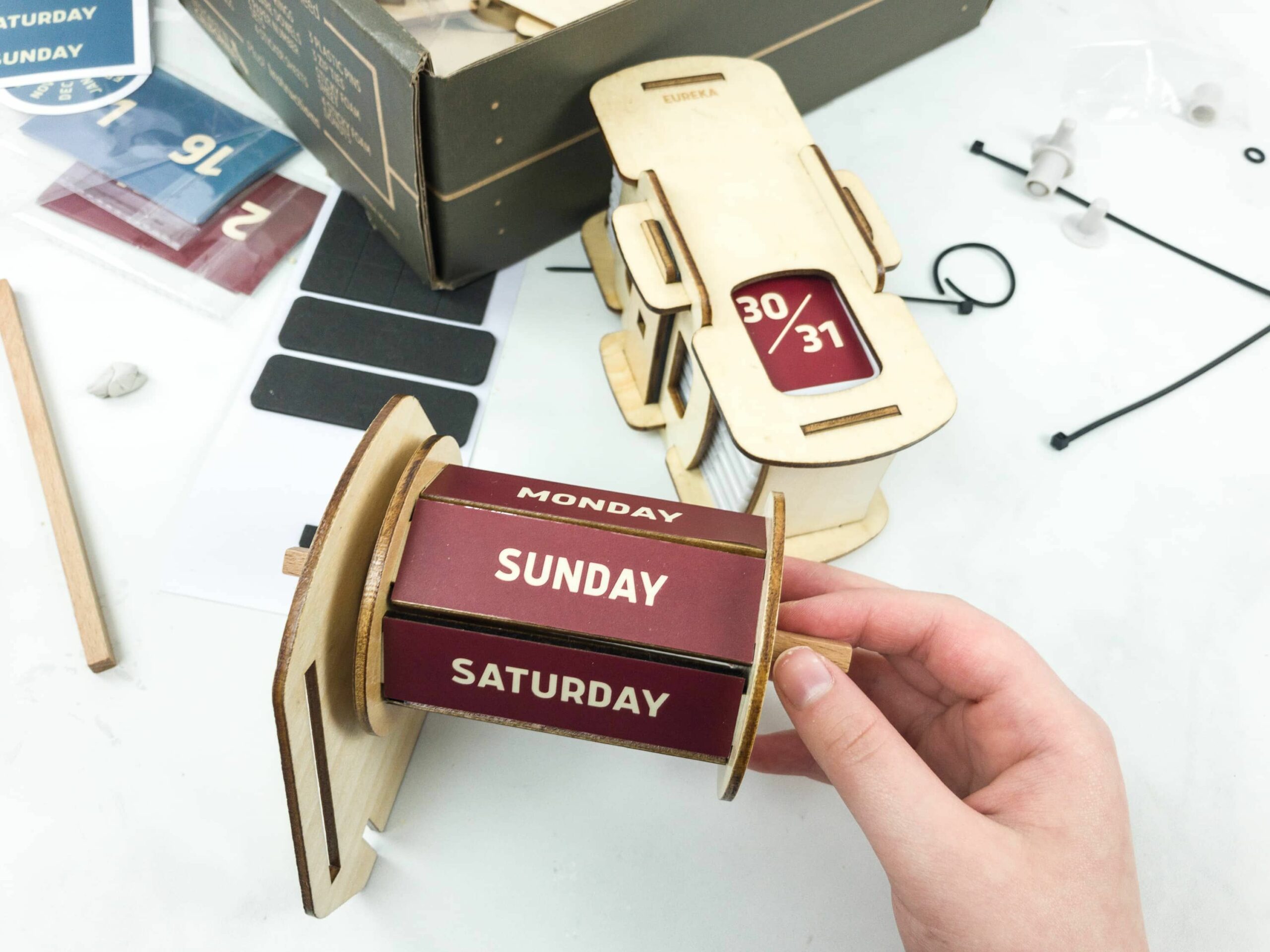Give InKind is honored to feature Dr. Sharagim Kemp, M.D. Dr. Kemp specializes in family medicine. Here, she bravely shares her story in an effort to spare others her experience.
Imagine the most beautiful sunny day, the rays gently warming every inch of your body. But as soon as you lift your head to drink in more of the warmth, suddenly clouds cover the sun and a cold rain begins to fall, chilling your soul to the core. This is what postpartum depression feels like. Or at least that’s how I felt.
I have a clear memory of myself sitting on my bed, holding my baby boy on a perfect spring day. The scent of blooming flowers filled the air and light shined through the window, creating rainbows across the floor. But as I looked down at my son, all I could feel were tears streaming down my face. How could I be feeling this way? I came from a long line of lionesses – women who, during their post-partum period, wore perfectly coiffed hair, cooked gourmet meals to perfection and held elegant dinner parties for fourteen while their babies nursed quietly at their bosoms. Meanwhile here I was, a professional woman, and I couldn’t remember the last time I’d showered, brushed my teeth, or changed my clothes. All those tasks seemed too daunting. How could I be expected to do anything else other than sit on the edge of the bed, nursing a baby who didn’t seem content with the care I gave him? Often I’d call my husband at work hysterical, begging him to come to the house, begging him to save me from this horrible feeling. Of course, he always rushed home, setting aside his own professional obligations as he sailed through the door freshly shaved, showered, and handsome in his suit. He would take our son and within minutes, the baby would be calm, joyful and sleeping peacefully. Meanwhile here I was in the corner – still in my pajamas, hating every inch of myself, crying hysterically. I was in awe of my husband and yet at the same time resented his easy manner with respect to fatherhood.
Over time, I sank deeper and deeper into a hole of darkness – days and nights blurred – and all I could think of was why I couldn’t feel the joy everyone around me felt. Despite being a medical professional, I was unable to recognize that I was suffering from postpartum depression. I could not verbalize what it was I was feeling because I was worried I would be considered a failure. I was the caretaker. I was the one with the medical degree. I knew best. Soon I began to withdraw from family and friends. My only focus became being a perfect mother. I obsessed over the care of my son. He was perfectly fed, dressed, held, rocked and cuddled. But it didn’t change how I felt. Nothing worked. I wanted the misery to stop.
It is said that one in ten women suffers from postpartum depression, a figure that includes post-partum anxiety and obsessive compulsive behaviors (OCD). Each year close to a million women suffer from this affliction, but these are only the self-reported cases. Millions more may be suffering but do not know that they can and should seek help. Postpartum depression is entirely different from “baby blues" – a temporary state of mood swings, depression, anxiety and/or sleep disturbances. “Baby blues" starts on day three after delivery and can last up to two weeks. Postpartum depression, on the other hand, is the presence of more severe symptoms, including excessive crying, feelings of guilt and shame, difficulty bonding with the baby, appetite disruption, and feelings of excessive tiredness. Some women also suffer from postpartum psychosis, which includes hallucinations, thoughts of harming the baby or harming oneself. All these are thought to occur as a result of the hormonal shift that occurs following a pregnancy. It is thought that women who have prior histories of anxiety and depression may be more likely to suffer from postpartum depression.
The most positive aspect of PPD? That it can be easily diagnosed and easily treated. The truth is that it is considered one of the most common complications of childbirth. If there is any doubt in a new mother’s mind that she may have postpartum depression, she should make an appointment with her obstetrician or her primary care provider. While it is always helpful to discuss something like this with family and friends, it is most effective to discuss PPD with a medical professional. With an accurate diagnosis and appropriate treatment, the majority of women can begin to feel like themselves again. The sad reality is that only a fraction of women actually seek help due to the stigma surrounding mental illness. Below I have listed five general resources that can help women cope with postpartum depression:
- Therapy – Seeking out a mental health specialist who has some familiarity with or training in dealing with postpartum depression.
- Medications – Many medications used for depression are safe for women who are breast feeding. Herbal supplementation is another option, but should only be done under the care of a health care provider who is comfortable prescribing herbal remedies.
- Exercise – Once cleared with a health care provider, daily exercise, something as simple as a brisk walk around the block, will elevate mood and help with sleep problems.
- Post-partum blogs – There are many courageous women who have posted their stories online. Reading through them can help women realize they are not alone in their experience.
- Food – Brain foods that are rich in antioxidants will also help elevate mood. Meeting with a nutritionist or using the internet to find “brain boosting foods" is a good start.
Unfortunately, I did none of the above. I did not have the courage to seek help, and because of that, I felt darkness for a full six months. Then one day I realized that I missed myself enough to do something. So I began the process of healing. And since that day I have devoted myself to making sure that any new mother that comes through my practice has the opportunity to speak her mind if she is concerned about her postpartum feelings. Since that dark time, I have had other children, but never allowed myself to feel the extent of that darkness ever again. I created an arsenal of support. I was prepared to ask for help if I felt myself falling back into the same old patterns. My days are still filled with exhaustion, and showers are a luxury, and my toothbrush is more a decorative piece in the bathroom, but each day I feel the sunshine, and it warms me to my core. Now I have an umbrella to shield me from the cold rain.
Helpful Products
Give InKind does not provide medical advice, diagnosis, or treatment. We have an affiliate relationship with many of the advertisers on our site, and may receive a commission from any products purchased from links in this article. See Terms & Conditions.




